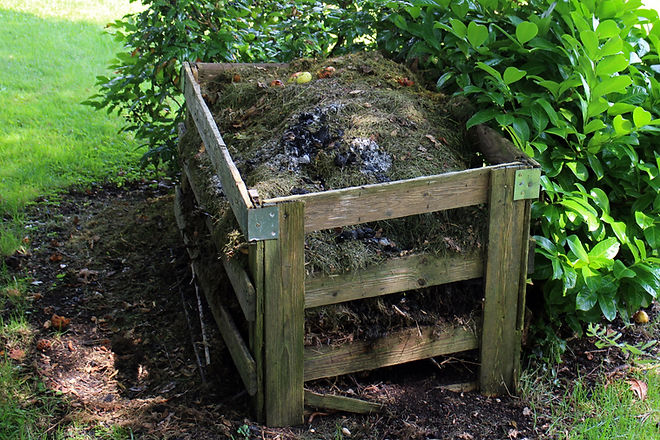
Advocacy
Here are some issues that members of the Suwannee Environmental Caucus care about:

Conservation
Forests ecosystems provide a wealth of benefits: they are rich in biodiversity and critical to water conservation. They store carbon, improve health and nutrition, provide key resources that contribute to people's livelihoods, and protect communities from the worst impacts of climate change.

Native Pollinators
Without pollinators, our species would not be long for this world. We believe in banning pesticides like neonics and creating habitat for pollinators like bees, butterflies, wasps, moths, beetles, and others that help pollinate our native plants and flowers. YOU can help by not mowing lawn early and by drilling holes in wood for native bees to nest!

Regenerative Farming
Regenerative agriculture is a holistic approach to farming that focuses on improving soil health, increasing biodiversity, improving the water cycle, and restoring ecosystem balance. This method goes beyond sustainable or even organic agriculture; it actively works to reverse the damage caused by conventional farming practices. Regenerative agriculture aims to produce nutritious food while also combating climate change and preserving the planet for future generations.
Regenerative agriculture plays a significant role in reducing greenhouse gas emissions and mitigating climate change. By adopting practices like cover cropping, rotational grazing, agroforestry,zero-till, and reducing chemical inputs like pesticides, farmers can minimize emissions of greenhouse gases from agricultural activities. “Unless we transform farming and food production, many of the gains we make through transformation of our energy and transportation sectors will be wiped out by agriculture." —Scott Faber, Environmental Working Group.
Regenerative agriculture actually enhances carbon sequestration in soils, effectively removing carbon dioxide from the atmosphere and storing it in the ground. This process not only mitigates climate change but also improves soil health and fertility, revivifies microclimates, and preserves water, leading to increased agricultural productivity and reversing desertification.

Reduce, Reuse, COMPOST, Recycle
A major issue facing modern society is waste management. Reduce = Not creating waste in the first place is the most effective way to reduce waste; Reuse = before you dispose of or recycle something, try giving it a second life; Recycle/ COMPOST is the best form of recycling by #upcycling nutrients.
Reduce food waste - it's one of the most important things we can do to reduce our carbon footprints. Food scraps and yard waste make up about 30% of what we send to landfills. Not only does it all take up space, this waste releases methane, a potent greenhouse gas.
Instead, COMPOST IT. Put your kitchen scraps to good use & keep them out of the landfill where they produce methane: Composting reduces greenhouse gas emissions & turns food waste to into a valuable product which improves soil quality, increases soil carbon sequestration, and helps plants thrive.
Reduce what you buy and consume. With every purchase you make, ask yourself, “Do I really need or truly want this item?”
Shop bulk & refillable to reduce packaging.
Buy used. We are lucky to live in an era where you can buy virtually anything used, and often in really high quality! Furniture, clothes, toys, tools, - you name it, there is likely a place you can buy it used or borrow it temporarily.
Buy durable, long lasting goods & clothing. In the long run, they save ton of money because they don't need to be replaced frequently.
Look for reusable alternatives to what you consume. For example, use wax wraps instead of plastic wrap. Get dryer balls instead of sheets.
Repair. Learn how how to repair things that break, like buttons, zippers, furniture, kitchen appliances, cars, and electronics.
Recycle. When it’s not feasible to reduce or reuse, choose items that can be recycled or composted to help keep materials out of landfills. When recycling, it’s crucial to include only items accepted in that program.* “Wishcycling,” or putting an item in a recycling or compost bin hoping it will get recycled or composted, does more harm than good by creating contamination. *NOTE: Suwannee County currently does NOT have a recycling program. So think about that before you buy a water bottle that might up in a turtle's belly. The good news is we are working on lobbying to reinstate the recycling program. Join our caucus to help the cause!
Treat disposal (landfill) as a last resort that is only exercised after all other options have been exhausted.


